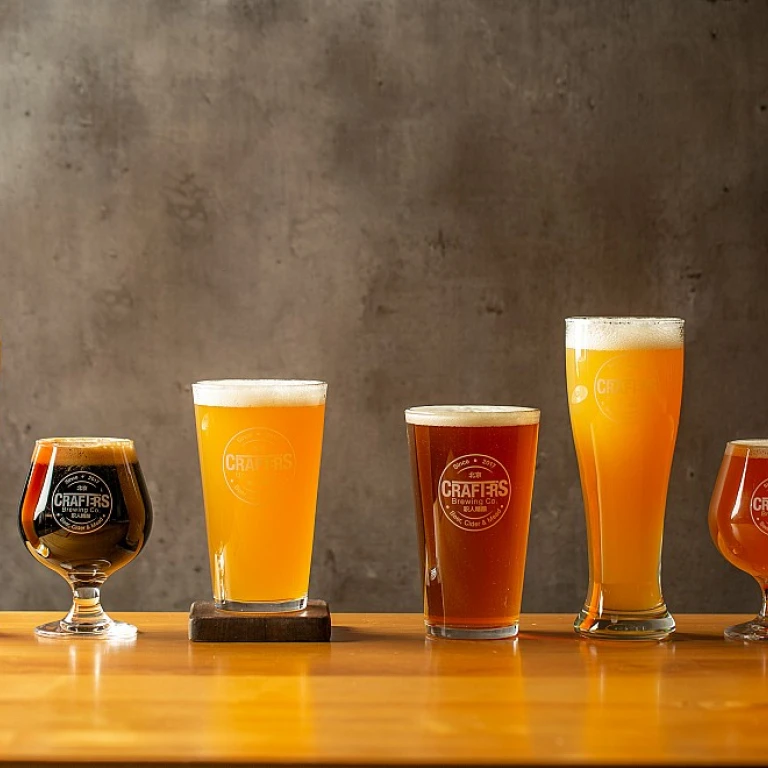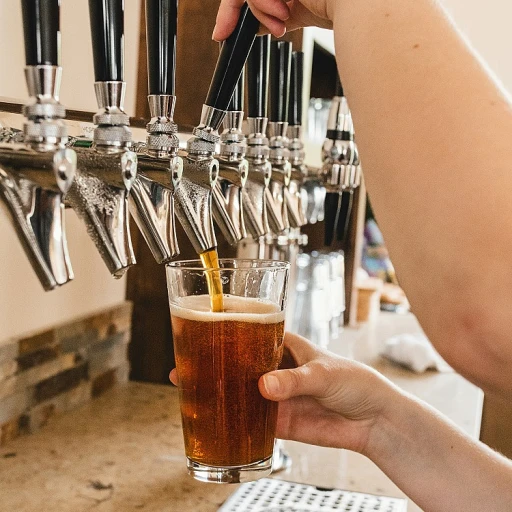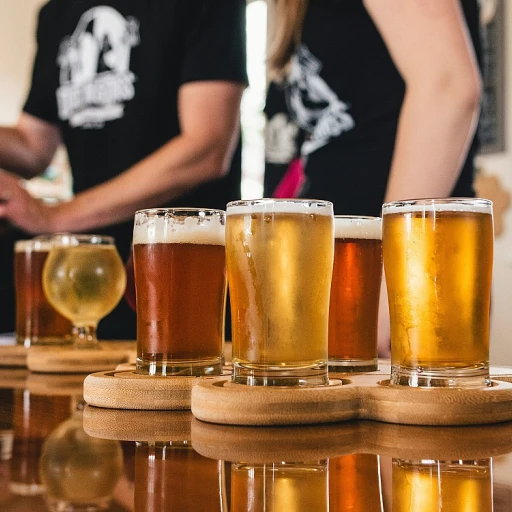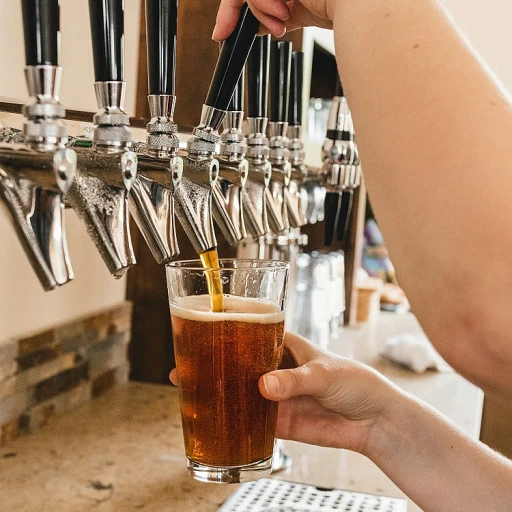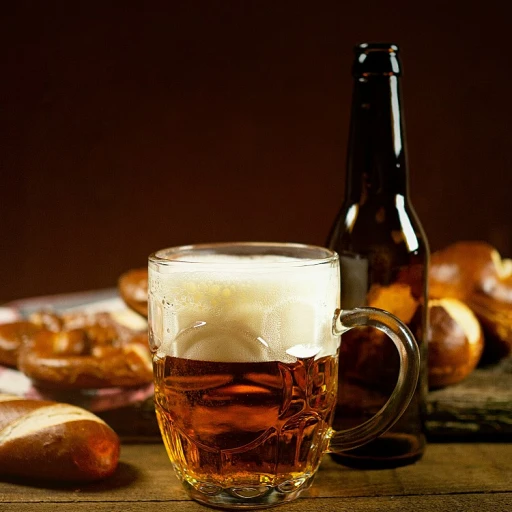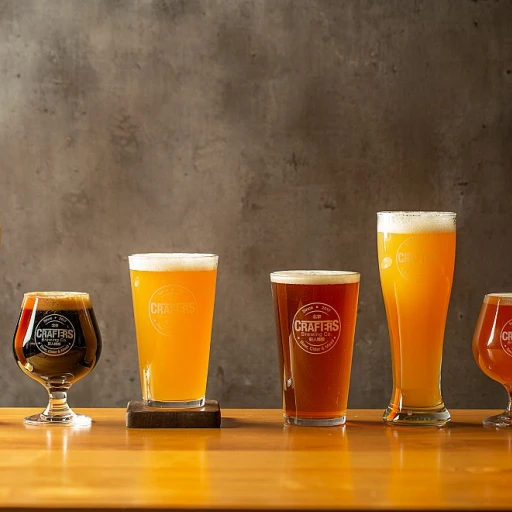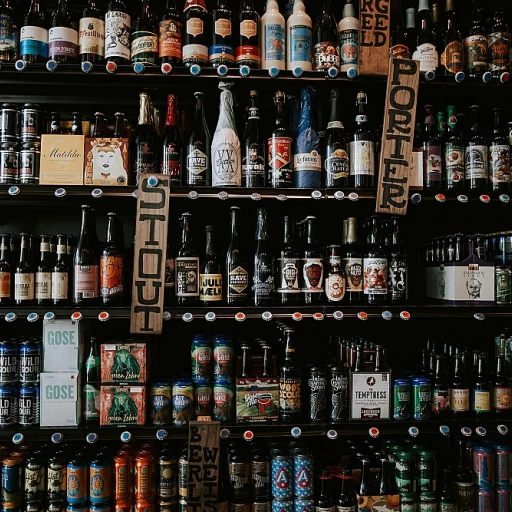Understanding Beer Keg Sizes and Types
Different Keg Sizes and Their Uses
When it comes to beer kegs, they come in various sizes and types, each serving different needs. Understanding these differences is essential to make the right choice for your next event or gathering.- Mini Kegs: Ideal for small parties, a mini keg typically holds around 5 liters (approximately 1.3 gallons). They're easy to transport and can be perfect for sampling unique or specialty brews without committing to a larger quantity.
- Cornelius Kegs: Originally used for soda, Cornelius kegs are popular in homebrewing. These kegs generally hold about 5 gallons (approximately 19 liters) and are favored by enthusiasts who prefer to brew and store their beer at home.
- Quarter Barrel Kegs: Also known as "pony kegs," these containers hold around 7.75 gallons (approximately 29 liters). They are more compact than the standard half-barrel kegs but still offer a substantial amount of beer, making them excellent for medium-sized gatherings.
- Half Barrel Kegs: The most common size found at bars and restaurants, these kegs hold 15.5 gallons (approximately 58 liters). A half-barrel keg is ideal for large parties or events as it can approximately serve 165 twelve-ounce cups of beer.
- Sixth Barrel Kegs: Another favorite among homebrewers and craft beer enthusiasts, this size holds about 5.16 gallons (approximately 19.5 liters), similar to the Cornelius keg but with a different design, often used for rapid tapping systems.
Factors Affecting Beer Keg Prices
What Influences the Pricing of Beer Kegs?
When considering the cost of a beer keg, several factors can impact the price. Being aware of these factors will help you make a more informed decision when planning your next event or purchase.
Material and Quality of Keg
The quality and material of the keg itself are primary factors in its pricing. Kegs made from stainless steel tend to be more durable and are typically more expensive compared to those made from aluminum or plastic. Opting for a more durable keg might be a worthy investment, especially if you plan on using it repeatedly.
Brewer and Beer Type
The brewer and type of beer you choose can significantly influence the keg price. Craft beers or seasonal brews often come at a premium due to their unique recipes and limited availability. Additionally, popular brands and breweries may charge more for their signature creations. Delve into the art of the brewer to understand the value tied to these special beers.
Distribution and Transportation Costs
The distance your keg needs to travel can add to the overall cost. Local distributors may have different pricing based on transportation fees, especially if the brewery is located far from you. It's always wise to check if any additional shipping or handling fees apply.
The Deposit Factor
Kegs often come with a refundable deposit, which can vary depending on local practices or supplier policies. Make sure to inquire about return times and conditions to ensure you receive your deposit back in full.
These facets all contribute to the overall cost of a beer keg and should be carefully evaluated when planning your purchase or rental. For a deeper understanding of how these elements come together in the creation of your favorite brew, make sure to explore various resources and consult experts in the field.
Comparing Prices of Popular Beer Brands
Evaluating Costs of Leading Beer Brands
When it comes to determining how much you will spend on a beer keg, the choice of brand can have a significant impact. Here's a comparison of prices for some popular beer brands to help you find the right balance between quality and cost.- Domestic Beers: Leading domestic brands often offer kegs at more affordable prices compared to their imported counterparts. If you're a fan of well-known names like Budweiser or Coors, you'll find that their kegs range from moderately priced to surprisingly economical, making them a great choice for large gatherings.
- Craft Beers: Craft beer lovers will encounter higher prices, as craft breweries take pride in the unique flavors and quality they deliver. Brands like Sierra Nevada or Dogfish Head might cost a bit more, but they promise a richer tasting experience. For more information on craft beer and pricing, take a look at this journey through the world of beer barrels.
- Imported Beers: If you're after an international experience, imported beer kegs typically come with a higher price tag. Popular options like Heineken or Stella Artois can be quite the investment. While these kegs might be on the pricier end, they bring a touch of global flavor to any occasion.
- Seasonal and Limited Edition Beers: For those who enjoy seasonal brews or limited releases, expect to see prices peak due to their rarity and exclusive nature. Rarer brews offer a unique experience, making them worth the splurge for fanatics looking to elevate their event.
Where to Buy and Rent Beer Kegs
Discovering Retailers and Rental Services
When you're looking for places to buy or rent beer kegs, there are several options available that cater to different needs and preferences. Here’s how you can explore the possibilities:
- Local Breweries and Microbreweries: These establishments often sell kegs directly to customers. It's a great way to support local businesses and enjoy fresh, unique brews. Plus, many breweries allow you to sample different types before making your choice, which ties nicely with understanding different keg sizes and types.
- Beverage Distributors: Many beverage distributors offer a variety of kegs from popular brands. They are typically well-stocked, allowing you to compare prices of different brands and keg sizes.
- Online Retailers: For convenience, consider purchasing kegs from online platforms. They often provide comprehensive information on pricing and keg types, making it easier to pick the right option for your event. Keep an eye out for delivery options and additional charges.
- Party Rental Services: If you need a keg for a specific event and don't plan to keep it, renting might be the best choice. They often provide a package deal which includes the keg, tap, and sometimes even cooling equipment.
When choosing a retailer or rental service, consider factors such as location, availability of the beer brand you're interested in, and any additional costs like deposits or equipment rental. By doing a little research, you'll find a solution that fits your budget and event needs perfectly.

